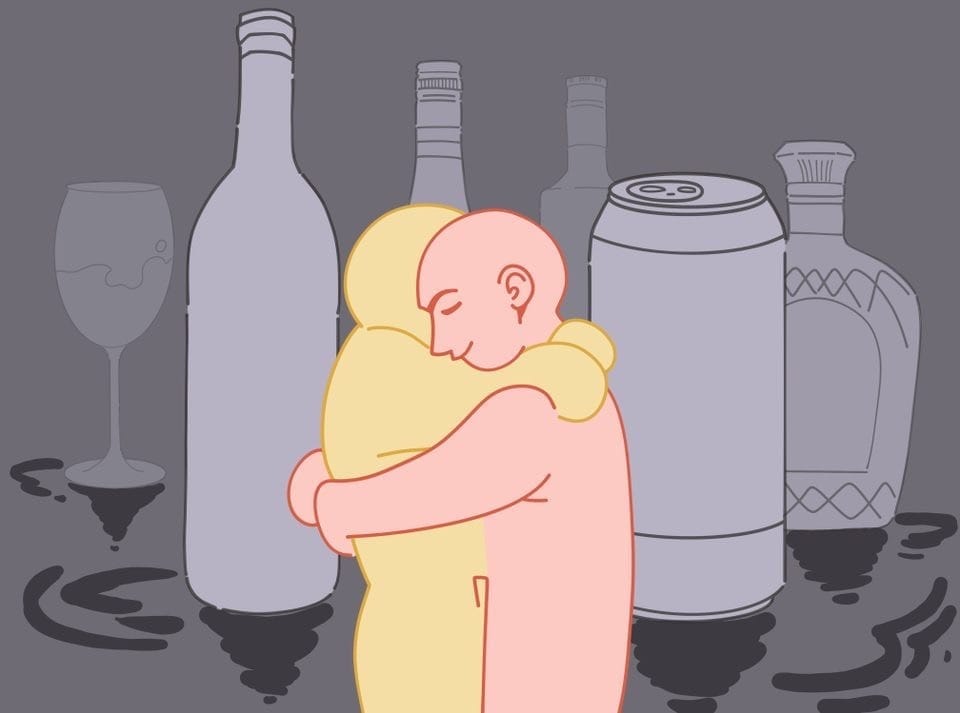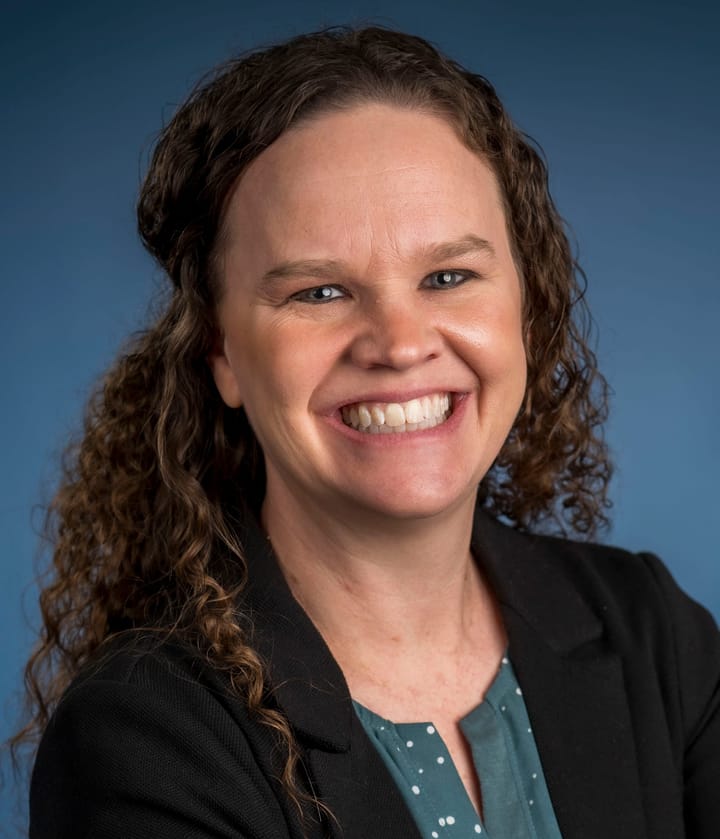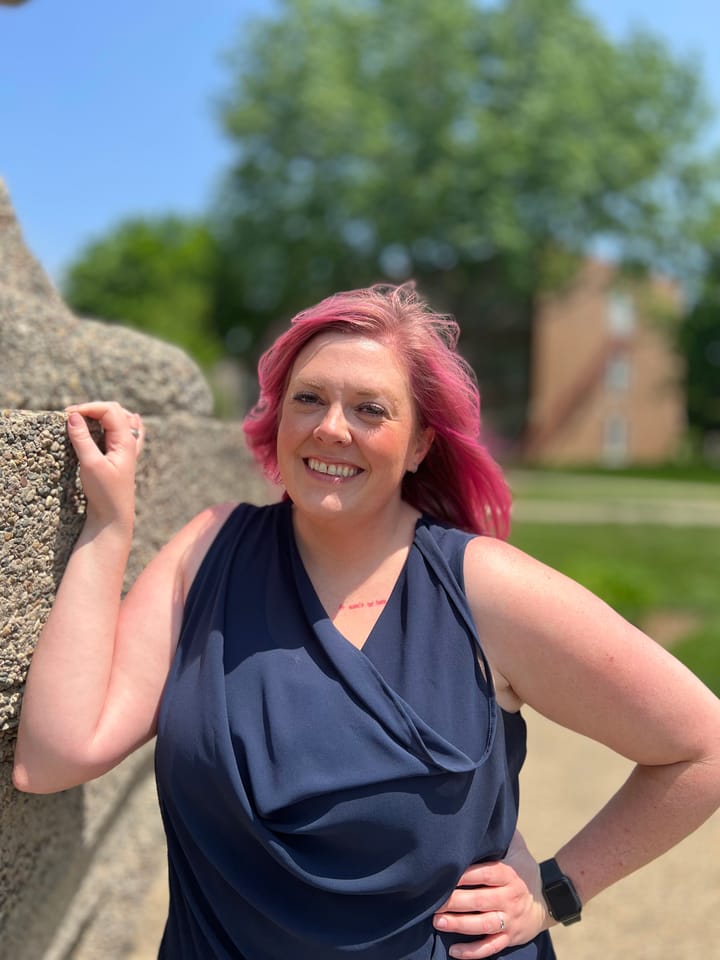Students for Recovery tackles substance abuse in college life

Among Augustana’s student organizations, it has become normalized to host events or create clubs focusing on mental health to physical wellness – yet discussions of substance abuse are still largely unheard of, let alone initiatives to help individuals cope with addiction.
To protest the stigma around substance abuse and to share his story, freshman pre-law student Chase Linn founded Students for Recovery.
“I’ve lived a lot in 19 years,” Linn said. “I’ve struggled with substance abuse since I was really young and drank regularly. It wasn’t until I was about 16-17 that I sobered up, and I found out very quickly that being sober at this young of an age is incredibly lonely.”
While searching for colleges, Linn chose Augustana because he didn’t want a “party school” experience.
Still, after a semester at Augustana, Linn found substance abuse and addiction was not absent at the university – as a freshman, he had difficulty in finding students with the same background and priorities. This newfound realization inspired Students for Recovery.
Nathan McQuinn, faculty adviser and director of student engagement explained that meetings operated similarly to those of Alcoholics Anonymous — a global, self-help group for individuals who wish to stop drinking. Each meeting follows the "12-step model."
AA is an organization that focuses on substance issues and hosts public meetings, accompanied by open discussions, on how to avoid alcohol. Having attended countless AA meetings in the past, McQuinn was familiar with the process and proud to share it. He explained that the 12-step model is a series of steps, but also traditions.
The 12 steps are mentioned at every meeting, serving as a structure for the group to follow and a reminder of the goal of sobriety.
McQuinn said AA meetings are always “non-political, non-denominational and not for everyone.” Students for Recovery is an organization that will host recovery meetings but plans also to host events surrounding overall student wellness. Recovery is not its sole focus.
“Having Students for Recovery on our campus creates a holistic way for us to do different things,” McQuinn said. “AA offers the opportunity to not drink with other people.”
Both McQuinn and Linn said no individual would be penalized by participating in an AA meeting off-campus or a meeting with Students for Recovery. Names will not leave the room.
On Viking Central, members will be visible to Augustana students and staff, but Students for Recovery aims to gather support and membership from those who have not suffered from addiction which means being a member would not mark a student as in recovery. Additionally, students can attend meetings without registering on Viking Central.
McQuinn said that there was overwhelming support from administration when informed of the group.
“The only thing students in AA will get from me is a firm handshake for finding a healthy support team,” McQuinn said.
Despite support from staff, when Students for Recovery was first proposed to the Augustana Student Association, there were conflicting views.
Sophomore Domanic Dick, vice-chair of the ASA finance committee spoke in support of the group.
“This group will provide a safe and welcoming space for students to connect, share and find help,” Dick said. “By doing so, it promotes not just individual well-being but also fosters a culture of compassion and understanding within our campus as a whole.”
Third-year ASA Sen. Susana Gebrekidan suggested that, while the club was necessary, there is sensitivity around potential triggers involved. Gebrekidan believed that there needed to be tough questions asked so ASA could properly understand the work of the initiative.
Students for Recovery hosts meetings every Sunday from 7-8 p.m. in the Halverson room, located in the Morrison Commons. Their first session was on Oct. 27.
“I sat in there, just me for about half an hour, and then somebody showed up, but at the end of the day, I’m not going to drag anybody in there," Linn said. "Even if I sit alone in that room 90% of the time, all four years here, it's worth it to know that people have an option.”
Linn will continue to host weekly recovery meetings, attendees or not. He also hopes to plan future events that members and students outside of the club would be interested in – such as a seminar sharing more about his personal experiences or other well-being-catered events.



